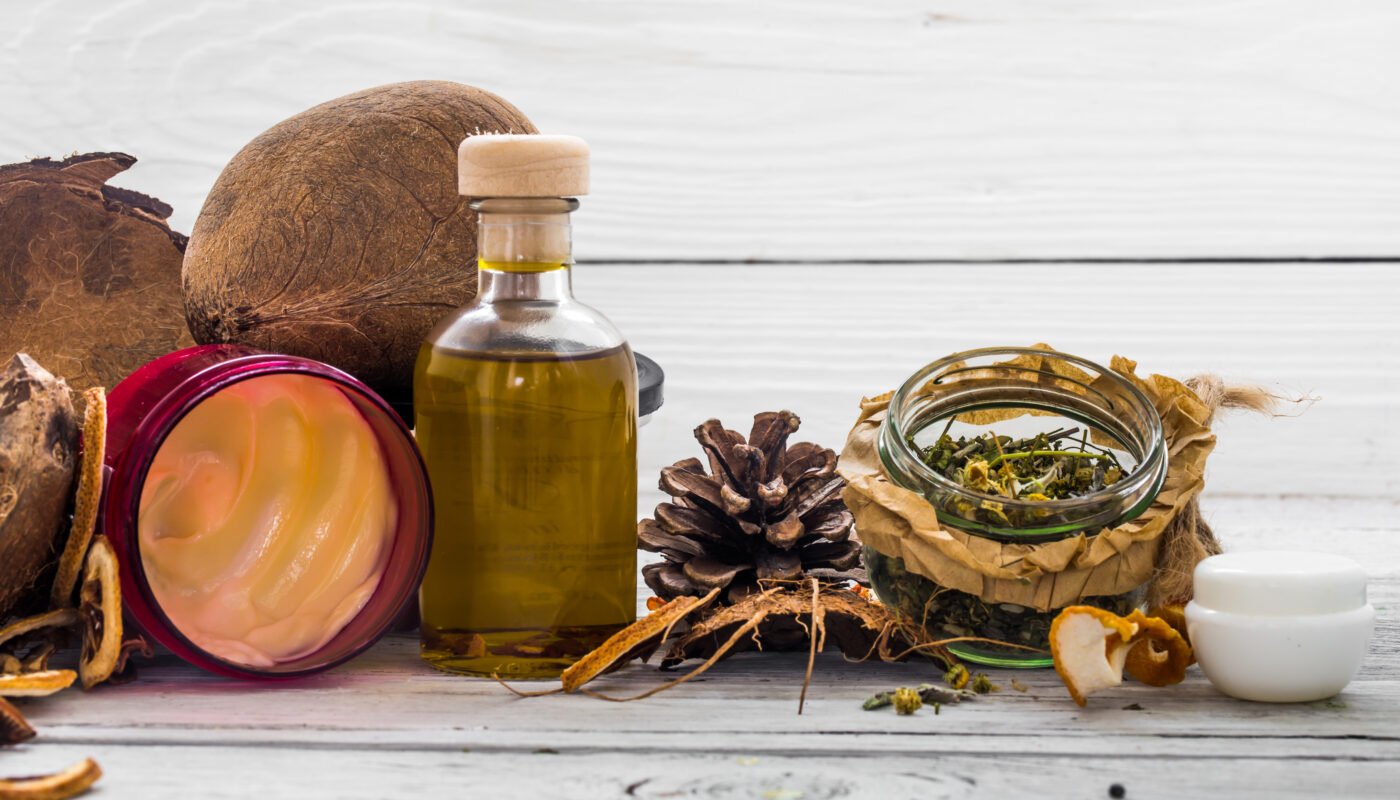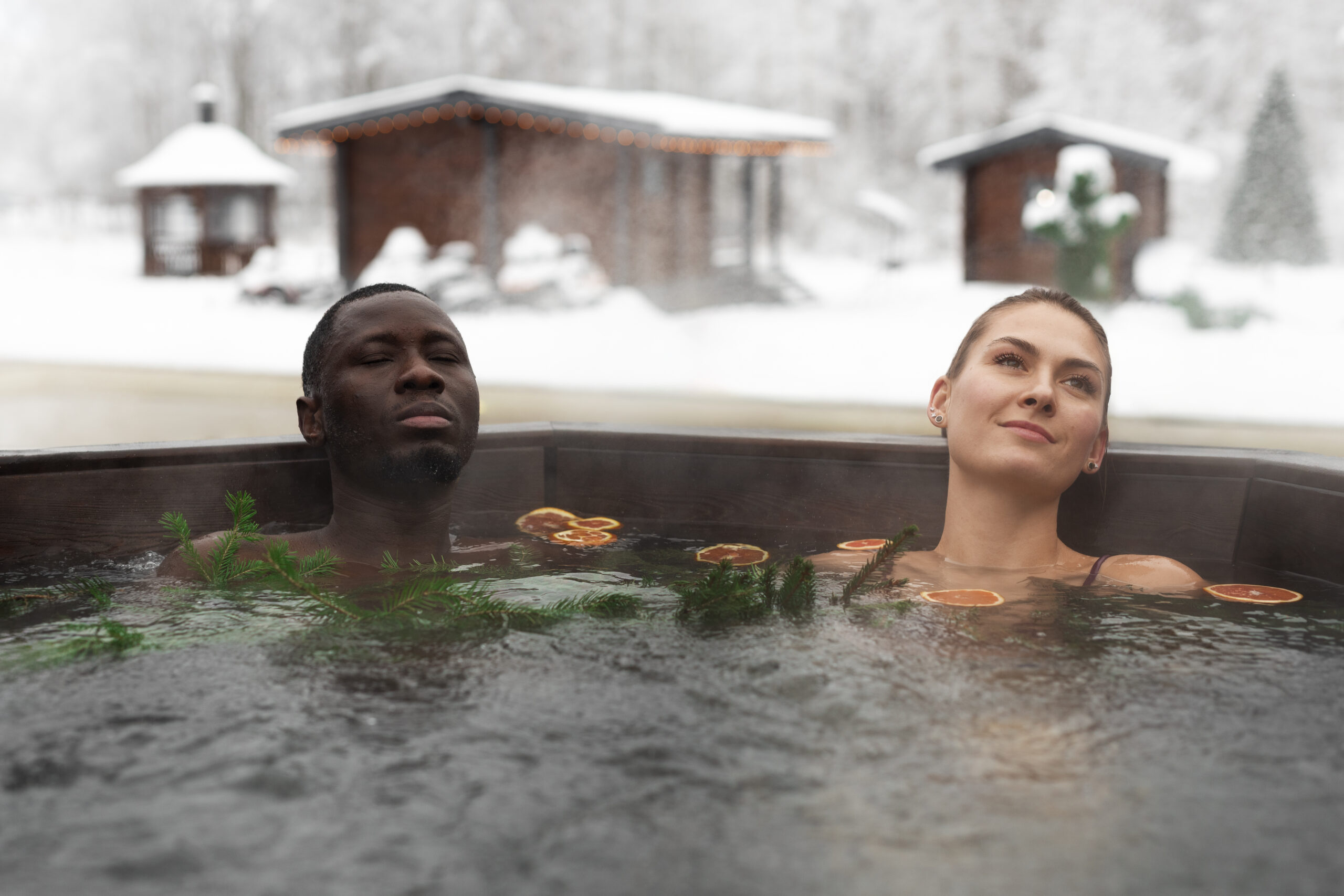Muscle cramps are a common ailment that can cause significant discomfort. These involuntary contractions of muscles can result from various factors such as dehydration, overuse, stress, or underlying medical conditions. While traditional treatments include hydration, stretching, and medications, natural remedies like essential oils are gaining popularity for their therapeutic properties. This article delves into the use of essential oils for managing cramps, exploring their benefits, aromatherapy techniques, and topical applications.
Understanding Muscle Cramps
When muscle fibers fail to relax and contract uncontrolled, muscular cramps result. They can last anywhere from a few seconds to several minutes and often strike without warning. Common triggers include:
- Dehydration: Lack of sufficient fluids disrupts electrolyte balance, leading to muscle spasms.
- Overexertion: Intense physical activity can strain muscles, causing them to cramp.
- Nutritional Deficiencies: Low levels of magnesium, potassium, or calcium can contribute to cramping.
- Stress: Psychological stress can lead to tension and cramping in certain muscle groups.
Understanding these causes can help guide the effective use of essential oils as part of a holistic treatment approach.
Why Essential Oils?
Concentrated plant extracts with medicinal qualities are called essential oils. Many essential oils contain compounds that promote relaxation, improve circulation, and reduce inflammation—all of which can alleviate muscle cramps. Here’s why they are effective:
- Anti-inflammatory Properties: Oils like lavender and chamomile help reduce muscle inflammation and pain.
- Muscle Relaxation: Peppermint and eucalyptus oils contain menthol, which provides a cooling sensation and soothes tense muscles.
- Improved Blood Circulation: Essential oils like rosemary enhance blood flow, aiding in muscle recovery.
- Stress Reduction: Aromatherapy with essential oils can lower stress levels, indirectly reducing the likelihood of stress-induced cramps.
Top Essential Oils for Cramps
1. Lavender Oil
Lavender oil is well known for its ability to reduce inflammation and promote relaxation. It helps relax muscles and ease pain, making it a top choice for cramp relief.
2. Peppermint Oil
Peppermint oil’s high menthol content provides a cooling effect, reducing pain and promoting muscle relaxation.
3. Chamomile Oil
Chamomile oil is known for its ability to reduce inflammation and soothe sore muscles. It’s particularly effective when combined with a warm compress.
4. Rosemary Oil
Rosemary oil improves blood circulation, delivering oxygen and nutrients to the affected muscles and speeding up recovery.
5. Eucalyptus Oil
Eucalyptus oil has analgesic and anti-inflammatory properties, making it ideal for reducing pain and swelling associated with cramps.
6. Ginger Oil
Ginger oil warms the muscles and improves blood flow, which can help alleviate stiffness and spasms.
Aromatherapy Techniques for Cramps
Aromatherapy involves inhaling the aroma of essential oils to promote physical and emotional well-being. For cramp relief, these methods are particularly effective:
1. Diffusion
Using an essential oil diffuser, add a few drops of your chosen oil to water and allow the scent to fill the room. Lavender or chamomile oils work well for relaxation and stress relief.
2. Steam Inhalation
To a bowl of hot water, add two to three drops of essential oil. Place a towel over your head and inhale deeply for 5–10 minutes. This method is particularly beneficial for stress-induced cramps.
3. Relaxing Bath
Add 10–15 drops of essential oil to a warm bath along with a carrier oil like coconut or jojoba oil. Soaking in this aromatic bath can relax muscles and improve circulation.
Topical Applications of Essential Oils
Direct application of essential oils can target the affected area more effectively. To avoid irritating the skin, essential oils must always be diluted with a carrier oil. Here are some methods:
1. Massage
Mix 5–10 drops of essential oil with 2 tablespoons of carrier oil. Gently massage the blend onto the cramping muscle using circular motions. Peppermint and rosemary oils are particularly effective for this technique.
2. Warm Compress
Combine 5 drops of essential oil with warm water. Soak a cloth in the mixture, wring out the excess, and apply it to the affected area. This method works well with chamomile or ginger oil.
3. Roller Blends
Prepare a roller bottle with a blend of essential oils and a carrier oil. Roll the mixture onto the cramping muscle for quick and convenient relief.
Safety Precautions
Despite their general safety, essential oils should be used with caution:
- Dilution: Always dilute essential oils with a carrier oil before applying them to the skin.
- Patch Test: To screen for allergic reactions, apply a patch test to a little patch of skin.
- Pregnancy and Medical Conditions: Consult a healthcare provider before using essential oils if you’re pregnant or have underlying health conditions.
- Quality Matters: To guarantee safety and efficacy, use pure, premium essential oils from reliable companies.
Integrating Essential Oils into a Holistic Approach
While essential oils can provide relief, combining them with other remedies enhances their effectiveness. Here are some complementary strategies:
- Hydration: Drink plenty of water to prevent dehydration-induced cramps.
- Balanced Diet: Include magnesium-rich foods like nuts, seeds, and leafy greens to support muscle function.
- Stretching: Regular stretching exercises can improve muscle flexibility and reduce cramp frequency.
- Stress Management: Practice relaxation techniques such as yoga or meditation to lower stress levels.
When to Seek Medical Advice
While most cramps are harmless, persistent or severe cramps may indicate an underlying issue. Consult a healthcare provider if:
- Cramps occur frequently or interfere with daily activities.
- They are accompanied by swelling, redness, or muscle weakness.
- Home remedies and essential oils fail to provide relief.
Conclusion
Essential oils offer a natural and effective way to manage muscle cramps through aromatherapy and topical applications. With their anti-inflammatory, muscle-relaxing, and stress-reducing properties, oils like lavender, peppermint, and chamomile can provide significant relief. By incorporating these oils into a holistic approach that includes hydration, nutrition, and exercise, you can effectively reduce the frequency and severity of cramps. However, if cramps persist or worsen, seek professional medical advice to address potential underlying conditions.



